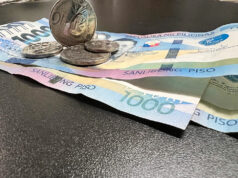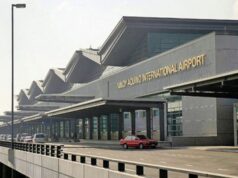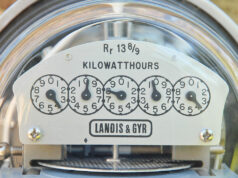PHILIPPINE National Oil Co. (PNOC) said it moved back the start of its feasibility study on establishing a strategic petroleum reserve next year due to delays caused by the coronavirus pandemic.
Last year, the Department of Energy (DoE) tasked the government-owned company to conduct a study on a proposed oil stockpiling program, which will safeguard the fuel supply during episodes of volatility and disruption in the oil market.
It received a P50-million budget for the study this year which was unutilized after it failed to contract a transaction advisor, PNOC told senators during Tuesday’s Senate finance committee hearing on the proposed budgets of the DoE.
It asked for an increase of P65 million for the study’s budget in 2021, citing the comprehensive and nationwide nature of the project.
“For this year, we’re hoping that we can update the terms of reference, and if that budget is approved, we will have our transaction advisor early next year so we can proceed with the study for this,” PNOC Senior Vice-President for Energy Investments Lila Czarina A. Aquitania said.
In April, the DoE-Oil Industry Management Bureau said the Philippines could have benefited from the slump in oil prices if it had the capacity to store fuel.
International oil price benchmarks have still not returned to pre-pandemic levels, remaining at around $40 per barrel. This is due to the impact of the global health crisis, which also dragged down energy demand.
The DoE recorded a 22.8% decline in Philippine fuel demand in the six months to June, while imports also declined 35.4% to 5.954 billion liters.
A recovery is underway with the holiday season approaching, Eastern Petroleum Group Chairman Fernando L. Martinez has said.
PNOC said it has drawn up a concept paper for an interim oil stockpiling program. It initially asked the Budget department for a P2.5-billion budget to implement the project next year but was denied an allocation.
The program is intended “to build a sufficient stockpile of low-priced oil” to reduce the impact of petroleum supply disruptions and any unexpected rises in demand. The fuel reserves can be tapped by government-owned power plants and the public transport sector, among others.
A targeted fuel relief mechanism was also proposed that will provide poor fuel consumers access to “significantly discounted” fuel prices through tax exemptions or vouchers.
Senator Sherwin T. Gatchalian, who heads the committee, asked the company to provide results of the studies on the petroleum reserve program and its short-term implementation as soon as possible. — Adam J. Ang



